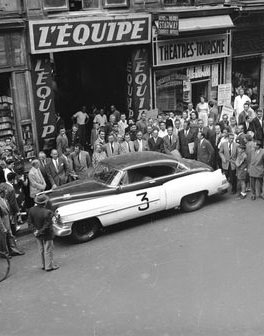
Who came with the idea of a European Cup for national clubs? You might be surprised, but the correct answer is not UEFA. Indeed, the European Cup was imagined and created by l’Équipe journal back in 1955. UEFA then took the lead to organize it and transformed it since 1992 by rebranding with the name we all love: UEFA Champions League.
More than 60 years later, let me take you back in time, and present the epic journey of the legendary competition.
How did l’Équipe create the European Cup, more than 60 years ago
No more than nine months passed between Gabriel Hanot article signed in December 1954, and the first European Cup match facing Sporting and Partizan in September 4th, 1955. During that short period, a few French journalists working for l’Équipe conceived what is known today as the world’s most prestigious competition between football clubs.
Gabriel Hanot proposed the idea
Back in the 50s, winter breaks were long, especially for Eastern European clubs. It became common for them to travel through western Europe in the search for better weather and more revenues. International friendly also helped the journalists as they were thirsty for fresh content sources.
After Dynamo Moscow revealed for the first time the ascending quality of the soviet football, Hungarian, Yugoslavian and Czechoslovakian clubs followed the path by playing in United Kingdom, France or Italy thanks to matchmakers like Julius Ukrainczik.
Read also:
Why you should try the most recent Adidas Finale Champions league balls
How to stream football matches in USA
The journalists were more than happy to attend those matches and familiarize themselves with the centerpiece of European football: the professional football club. In this context, Gabriel Hanot chose to attend, in England, matches that opposed Wolverhampton and Chelsea to the main Hungarian teams: Honved and Voros Lobogo.
“Hail, Wolves ‘Champions of the world’ now”
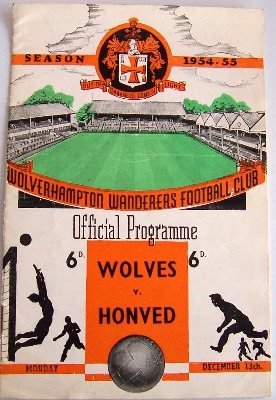
On the Monday of December 13th, 1954, “the Wolves” won by 3 goals to 2 against a Honved team led by the stars Puskas, Boszik and Kocsis. Not less than 55.000 attendees were behind the English squad. As they had recently won 4-0 against Spartak Moscow, another brilliant European team, it was enough for the Daily Male to quote Stanley Cullis, the English manager: “There they are, the champions of the world”.
Hanot’s reaction: no, Wolverhampton are not yet “the champions of the world”
Gabriel Hanot started the article sent by phone to l’Équipe (published on Wednesday) by describing how the brits managed to overcome a 2-0 led by Honved and finally win the match by 3-2. He wrote: “They played a virile game, heads-up, keeping the chest facing straight ahead, at an angle of 90° to the goal line, which used to represent, and, I believe, will soon represent again the essential and original quality of the insular football”. He continued: “But there is a long road to take until one can say, like the Daily Mail did it, that ‘Wolverhampton are the champions of the world’. After all, Wolverhampton won against Spartak (4-0) and Honved (3-2) at home, exactly at their best of the season (21 matches played out of 42); they did not play away matches, neither on neutral fields.”
L’Équipe launched the idea for a European football club championship
After Hanot finished the match summary, he concluded:
The idea of a World Championship, or at least of European clubs, broader, more expressive, less episodic than the Central Europe path, and more original than a national European Championship, should be launched. We venture ourselves.
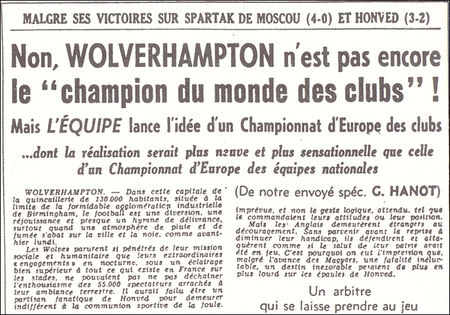
Everything was said in the article that appeared in l’Équipe, on December 15th, 1954. Without realizing it, Gabriel Hanot, in a few words sent from his London hotel room, conceived what I call the most important sporting event of our World: The European Cup!
To be continued…


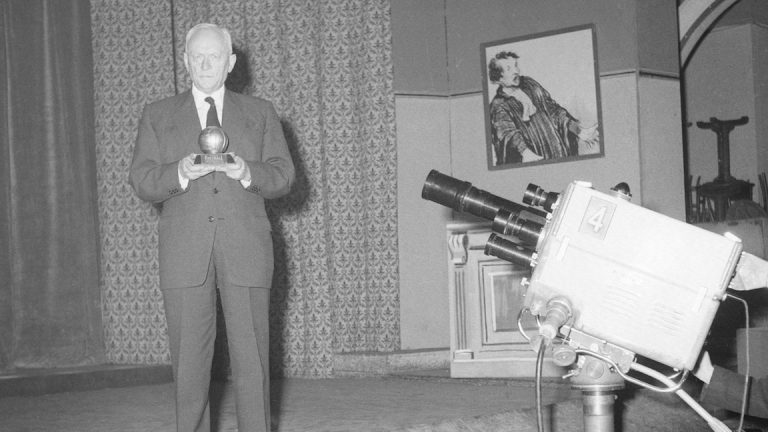
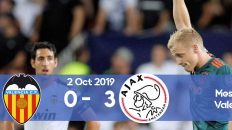
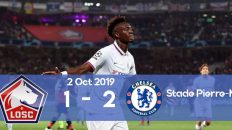
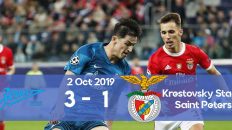

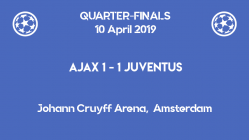
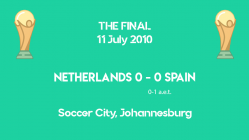



Add comment